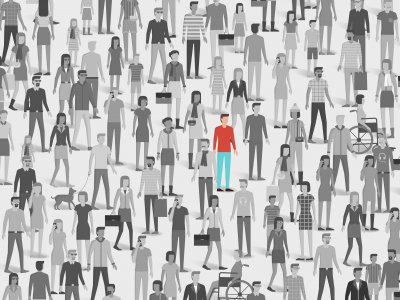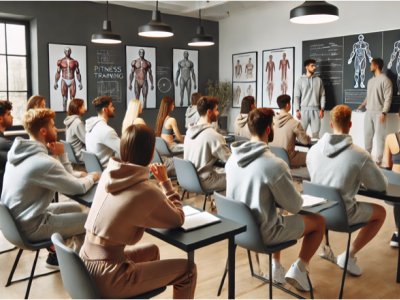+90 212 274 74 66
Academies

Setting the Framework
The Academy sets the framework of the subject of study by comprehensively addressing its scientific, social and political dimensions.
Review of Information Sources
Local and global reflections of the subject are analyzed by examining national and international policy documents and current scientific publications.
Social Perception Analysis
Perceptions and judgments in society are evaluated by analyzing online media and social media.
Identification of Stakeholders
Stakeholders that can be collaborated with at national and international level are identified.
Establishment of Expert Staff
When necessary, expert academics, health professionals, sociologists, psychologists, communicators and other professional groups contribute to the running of the academy as a team.
Reporting and Information Sharing
The Academy reports its findings and analyses to decision-makers and the public, and contributes to policy development processes in the relevant field.
How Academies Work
The Health Promotion and Health Policy Association establishes working groups called "academies" to conduct in-depth research and establish standards in the fields of work it has determined. Each academy comprehensively addresses the scientific, social and political dimensions of the relevant subject and ensures the standardization of operating procedures and principles. The academies frame the issue, review national and international policy documents and current scientific publications, and clarify the local and global projection of the issue.
The academies analyze judgments in online and social media, measure public perception of the issue, and collect data to understand public perception of the issue. The academy also frames all relevant national and international stakeholders, identifying people and institutions that can be collaborated with, informed and resourced.
Each academy is run by a team of academics, experienced health professionals, sociologists, psychologists, communicators, lawyers and professionals from other relevant professions. The academy adopts a multidisciplinary approach with this team of experts focusing on specific topics, bringing together knowledge and perspectives from each discipline to provide a comprehensive analysis of the issue.
In the functioning of the academies, meetings and working methods are carried out on a regular schedule and findings and analyses are updated through periodic evaluation meetings. In addition, academies prepare reports, guides and training programs for decision-makers and the public in order to develop policies in the relevant field, thus ensuring that the issue reaches a wider audience. Depending on the field of study, each academy makes use of innovative digital tools, such as artificial intelligence-assisted data analysis or media monitoring software, to effectively analyze the data it collects.
Academies not only access existing knowledge, but also build a body of knowledge that can serve as a reference for future policy development. These structures produce and share in-depth knowledge to prevent risks to public health, promote a healthy living culture and protect the health of individuals. These academies, which provide guidance for the construction of a healthy society, continue to work as a sustainable knowledge center that will serve the long-term goals of the association.


